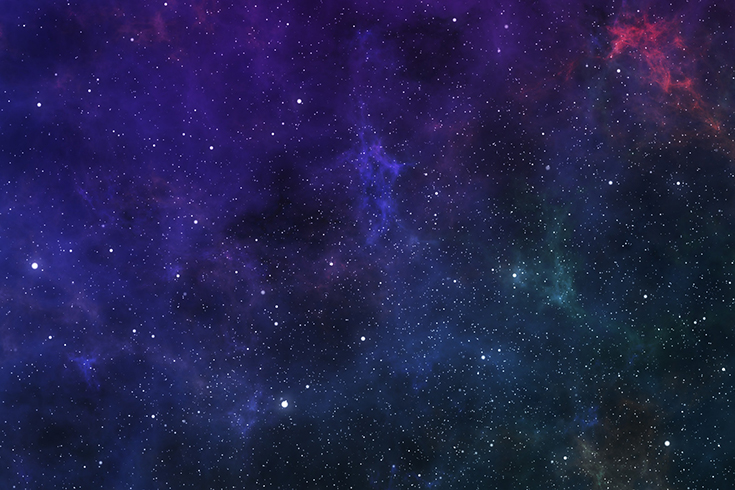We often think of outer space as the stuff of science fiction—the realm of distant galaxies, remote planets, and undiscovered extraterrestrial life. But, in reality, space looks much more like how we live on Earth. Humans have already left their mark in various ways—there’s a growing legal system, satellites that enable GPS, and pieces of junk that could collide with our planet at any moment. In this new digital series, In Other Worlds: A Space Exploration, The Walrus orbits the idea that the stars are closer to home than we think.
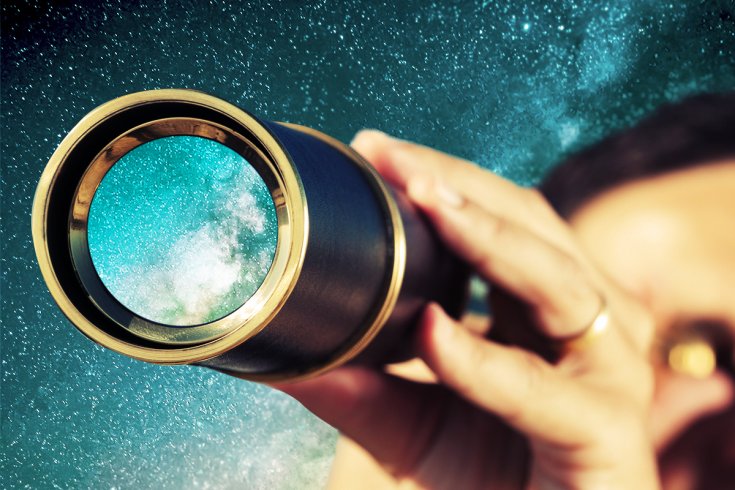
We’ve barely addressed the legacies of colonialism and racism on Earth. Must we now export these things to the stars?
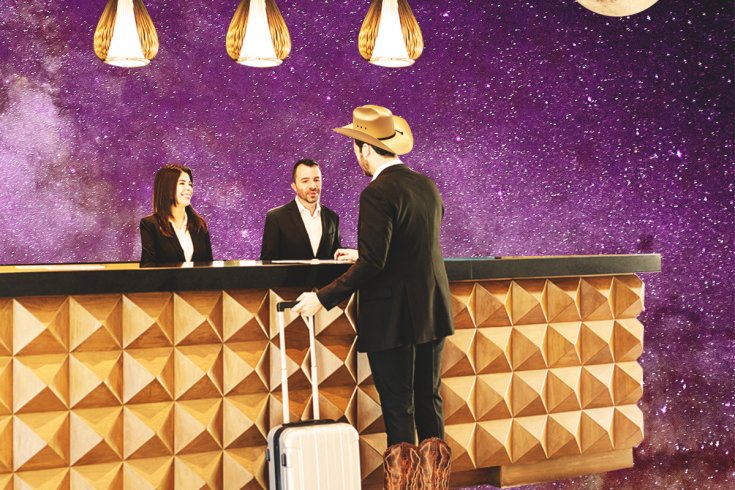
A handful of rich men are fielding their own private cosmic missions. Who will make sure they behave?
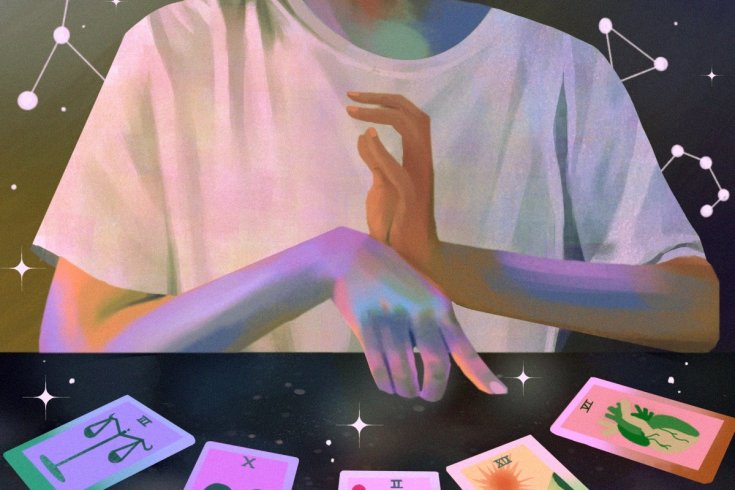
Mental health care is pricey and inaccessible. Online astrology is rising to take its place
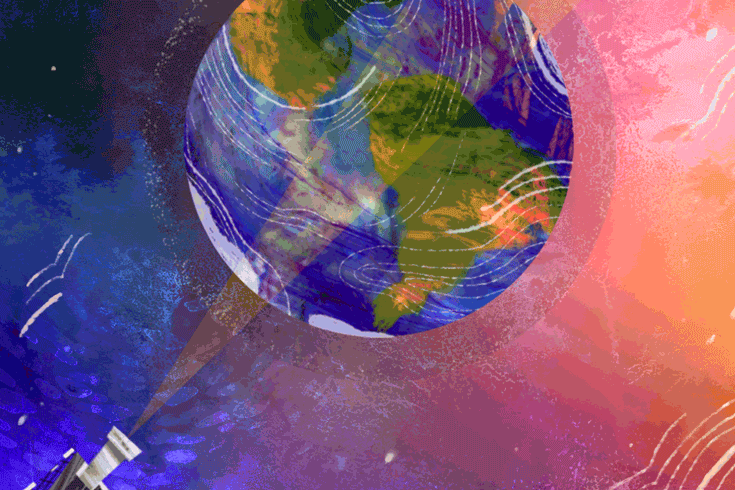
And it’s a menace to spacecraft, satellites, and even our modern way of life
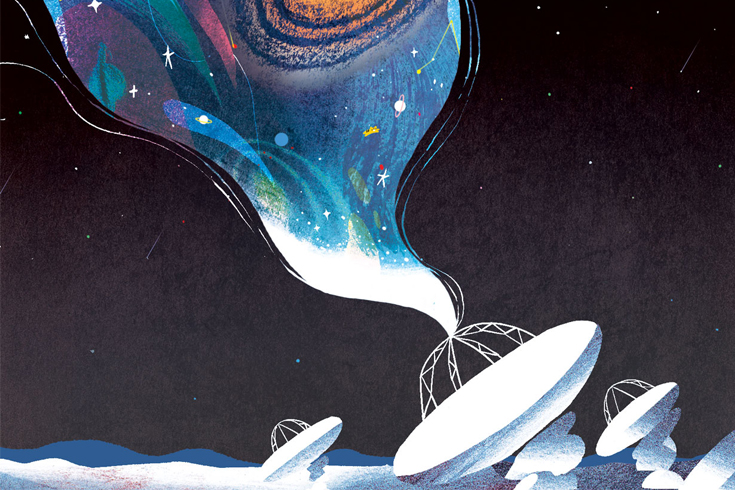
The ALMA array is our most powerful tool for witnessing the birth of new planets
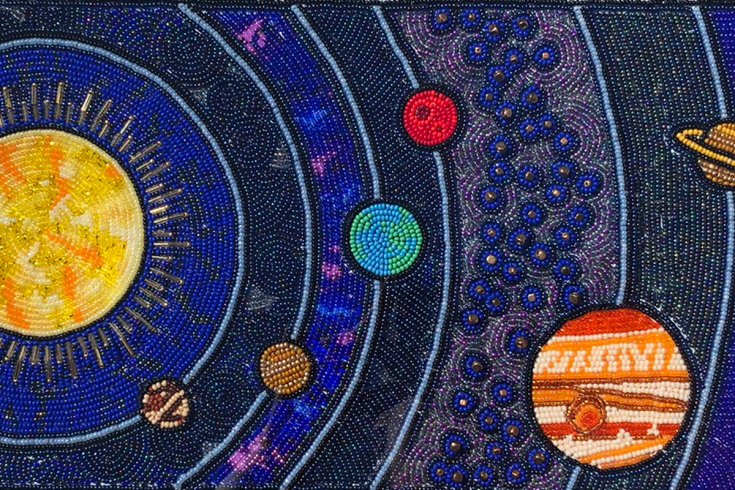
Educators like Wilfred Buck know that astronomy did not, in fact, start with Aristotle and end with Neil DeGrasse Tyson
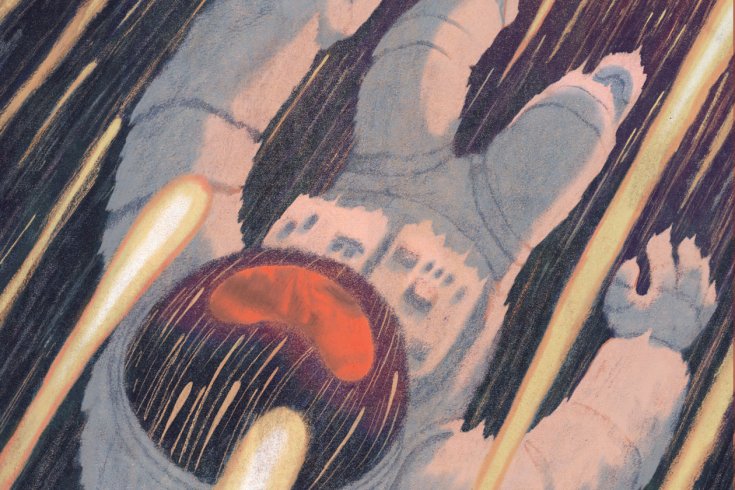
We’re learning what members of space missions have known for decades: it’s hard to live in a confined space for long periods of time
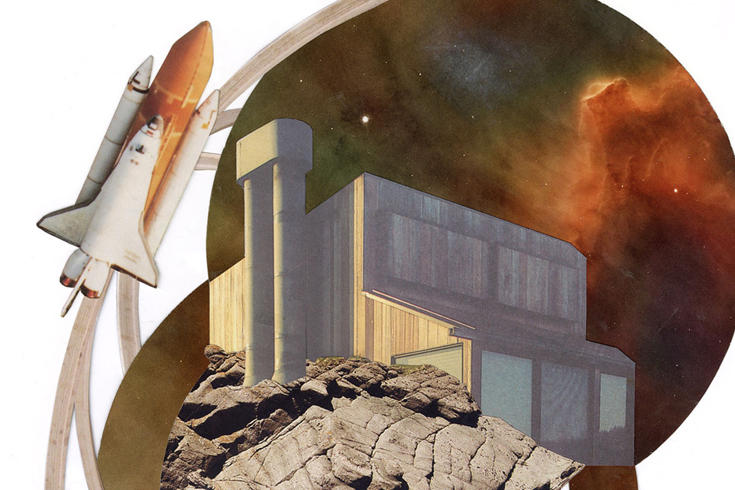
The promise of a spaceport could give a boost to a struggling Nova Scotia community
Producers: Tajja Isen, Angela Misri, and Natalie Vineberg
Editors: Hamutal Dotan, Viviane Fairbank, Tajja Isen, Samia Madwar, and Daniel Viola
Art Director: Natalie Vineberg
Copy Editor: Jonah Brunet
Head of Research: Erin Sylvester
Fact Checkers: Allison Baker, Justin Dallaire, Sydney Hamilton, Tina Knezevic, Sebastian Leck, and Sophie Weiler

